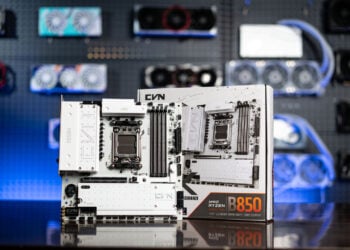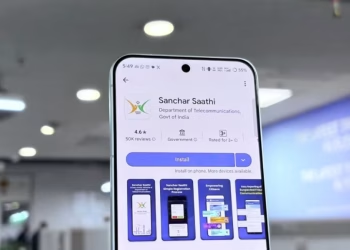Following NVIDIA’s $5 billion investment, Intel is reportedly in talks with Apple for a potential chip manufacturing partnership that could reshape both companies’ futures and strengthen U.S. semiconductor independence.
Table of Contents

The Strategic Context
Intel Chief Executive Lip-Bu Tan has been striving to engage with new partners to help facilitate an ambitious turnaround plan for the ailing chipmaker. After securing NVIDIA’s backing, Apple represents another crucial opportunity to revitalize Intel’s struggling foundry division.
Partnership Potential Breakdown
| Benefit | For Intel | For Apple |
|---|---|---|
| Manufacturing | Foundry revenue boost | U.S.-based chip supplier |
| Technology | Advanced node experience | Reduced TSMC dependency |
| Strategic | Turnaround momentum | Supply chain diversification |
Why This Makes Sense
Apple was once one of Intel’s largest customers, buying chips for its Macs, but that relationship ended when Apple developed its own M-series processors. However, a potential deal could bolster Intel’s operation and ensure that Apple can rely on an American chipmaker for its in-house chips.
Currently, Apple depends heavily on TSMC for manufacturing its custom silicon, creating supply chain vulnerabilities that a domestic Intel partnership could address.

Intel’s Foundry Ambitions
The chipmaker has been aggressively courting major clients for its contract manufacturing business. Intel and Nvidia have released a joint statement revealing plans to work together to build new computing products based on Intel’s x86 CPUs and Nvidia’s GPUs, with Nvidia agreeing to invest $5 billion in the company and to collaborate on developing chips for data centers and PCs.
This NVIDIA partnership provides credibility for Intel’s foundry capabilities, potentially making Apple more comfortable with the prospect of domestic manufacturing.
The Broader Implications
Intel was once viewed as the semiconductor industry’s leading light, widely seen as putting the “silicon” in Silicon Valley, but in recent years it has fallen into decline. An Apple partnership would mark a significant step in Intel’s rehabilitation efforts.

The U.S. government’s push for semiconductor independence makes this potential collaboration strategically important beyond just business considerations, as American companies seek alternatives to Asian manufacturing.
While negotiations remain early-stage, the combination of government incentives, supply chain security concerns, and Intel’s foundry investments creates favorable conditions for a potential Apple-Intel reunion.
FAQs
Would Apple completely move away from TSMC if partnering with Intel?
Unlikely—Apple would likely use Intel as a secondary supplier for supply chain diversification.
When might we see Apple chips manufactured by Intel?
Any partnership would take years to implement due to complex manufacturing processes and validation.








